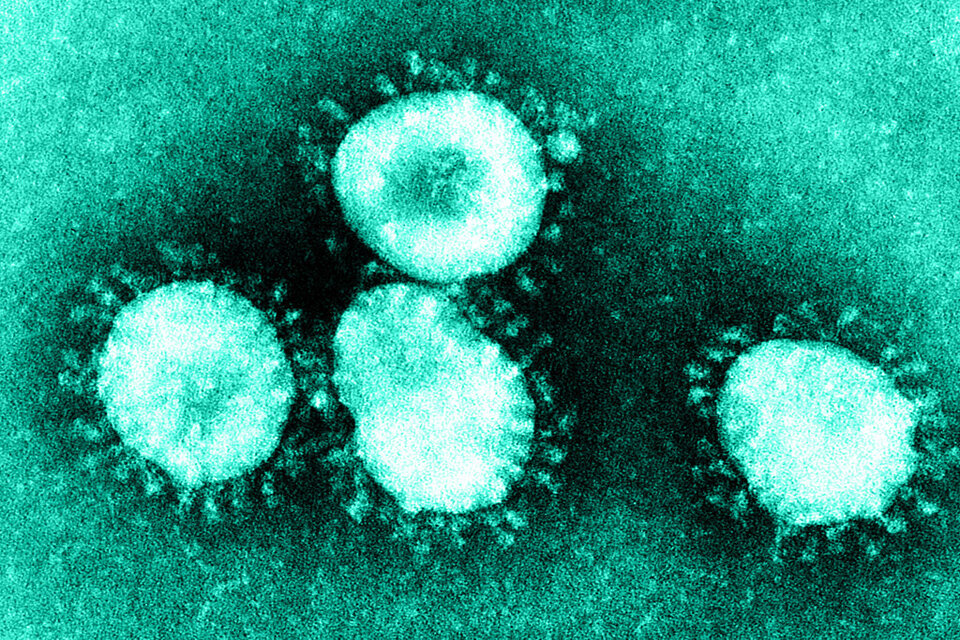
Warfarin and other blood thinners – reminder on safe use during COVID-19 pandemic
Published By GOV.UK [English], Tue, Oct 13, 2020 2:00 AM
The Medicines and Healthcare products Regulatory Agency (MHRA), which is the UK regulator for medicines and medical devices, has issued advice to healthcare professionals and patients on the monitoring of patients taking blood thinning tablets (also known as anticoagulants) during the COVID-19 pandemic. Anticoagulant medicines work to reduce your risk of developing blood clots.
The advice includes a reminder for doctors to continue regular blood tests in patients taking warfarin or any other vitamin K antagonist (such as acenocoumarol (‘Sinthrome’) or phenindione (‘Dindevan’)) and who have developed an additional illness. The blood test will indicate if you need to change the dose of your anticoagulant. In particular, it is important these regular blood tests are done in any patients with symptoms of COVID-19 or who have tested positive so that they can be given the right care at an early stage to reduce the risk of bleeding. It is therefore important that you or your carers let your GP and anticoagulation clinic know if you have tested positive for COVID-19 or are ill with COVID-19 symptoms (high temperature, new continuous cough, loss of sense of smell or taste).
The advice also includes a reminder of the potential for drug interactions between some anticoagulant tablets and medicines used to treat infections, for example antivirals or antibiotics (such as doxycycline, amoxicillin or clarithromycin, which may interact with warfarin or other vitamin K antagonists). Other anticoagulants tablets (including apixaban (‘Eliquis’), dabigatran (‘Pradaxa’), edoxaban (‘Lixiana’) or rivaroxaban (‘Xarelto’) can also interact with certain medicines. These drug interactions can potentially increase the blood-thinning effect of some anticoagulants and lead to a higher risk of bleeding. You can find further information on these interactions in the patient information leaflet which accompanies each pack of medicine.
If you are taking warfarin or any other vitamin K antagonist, it is important to be consistent with what you eat and drink because this may affect how well this medicine works. You should not drink large amounts of alcohol while taking warfarin or any other vitamin K antagonist. Always take the daily dosage at the same time of day swallowed whole with a glass of water.
Additionally, you or your carers should let your GP and anticoagulation clinic know if you:
have sickness or diarrhoea or have lost your appetite;
have started taking any new medicines, including antibiotics, antivirals, over the counter medicines, herbal remedies or vitamin supplements;
have recently stopped smoking or are drinking more, or less, alcohol than usual;
are taking warfarin or any other vitamin K antagonist and are unable to attend your next scheduled blood test for any reason, including because you feel unwell.
It is important that you follow the directions of your healthcare team and do not suddenly stop taking or alter the dosage of your prescribed medications unless told to do so.
If you have any questions or concerns relating to this information about warfarin or other oral anticoagulants you should talk to your doctor.
Sarah Branch, Director of Vigilance and Risk Management of Medicines, said:
Patient safety is our main priority and it is important that patients taking blood thinners continue to be monitored carefully as we all coordinate responses to COVID-19. We are working closely with other healthcare partners to protect public health in the UK. Please continue to follow NHS COVID-19 advice and communicate with your GP and healthcare team to manage your treatment.
Media enquiries
News centre
MHRA
10 South Colonnade
London
E14 4PU
newscentre@mhra.gov.uk
During office hours:
020 3080 7651 (08:30 - 17:00)
Out of office hours:
07770 446 189 (17:00 - 08:30)
Office hours are Monday to Friday, 8:30am to 5pm. For real-time updates including the latest press releases and news statements, see our Twitter channel at
Press release distributed by Media Pigeon on behalf of GOV.UK, on Oct 13, 2020. For more information subscribe and follow